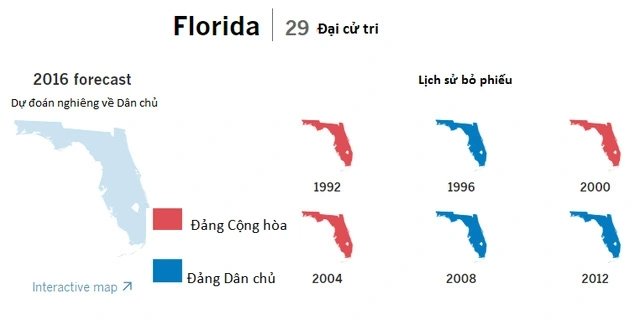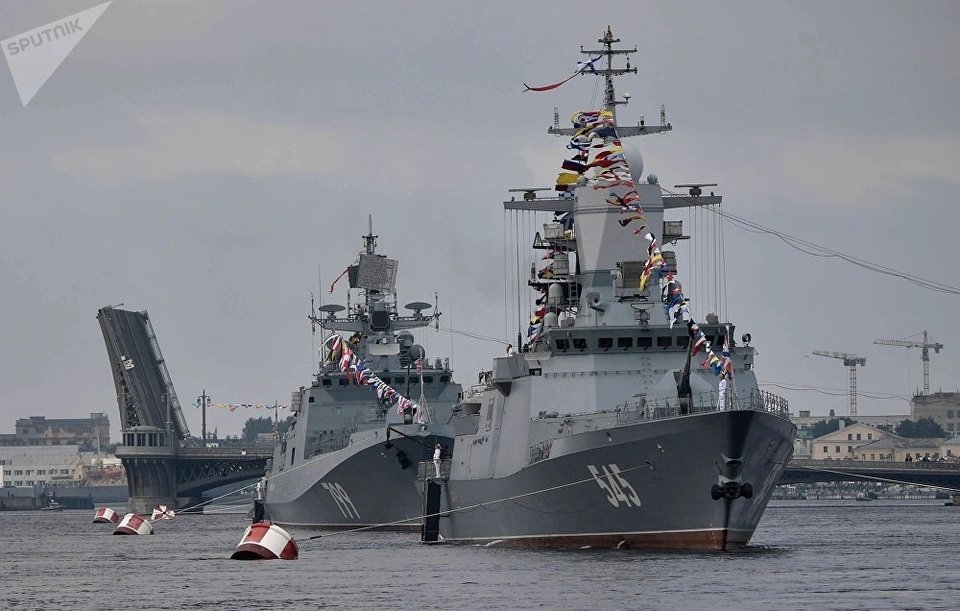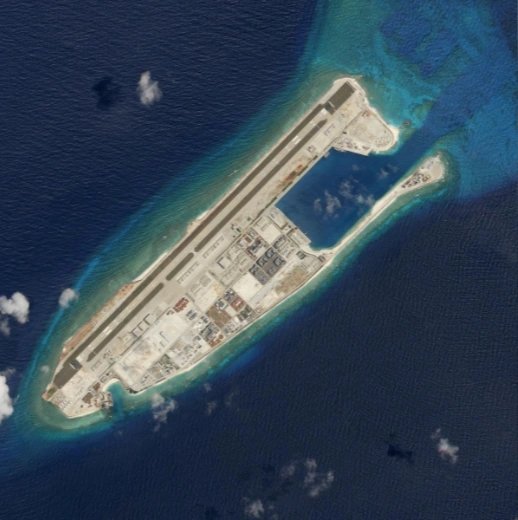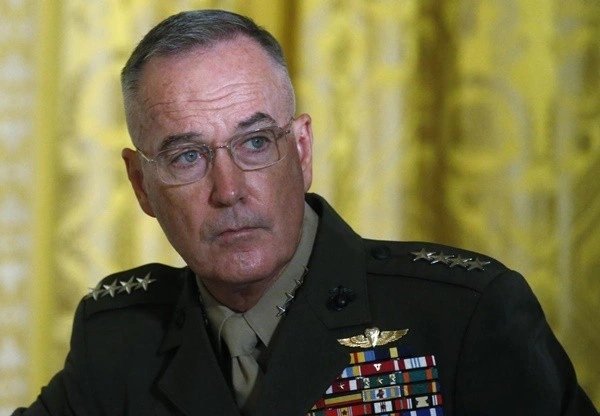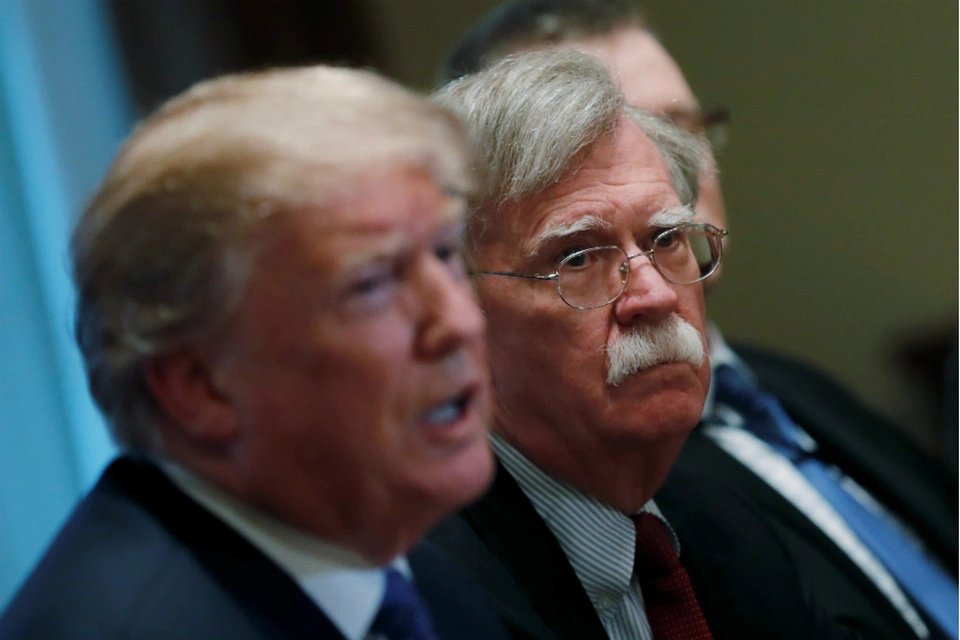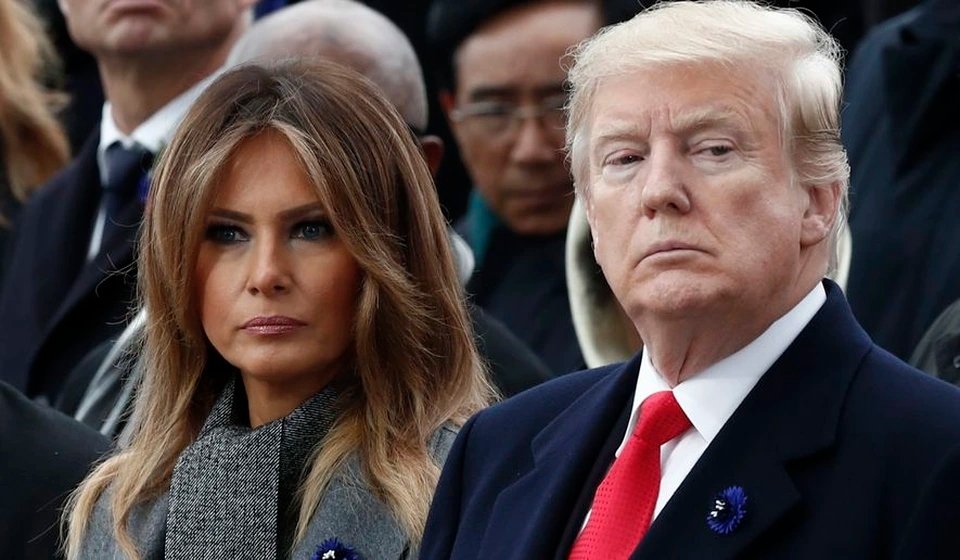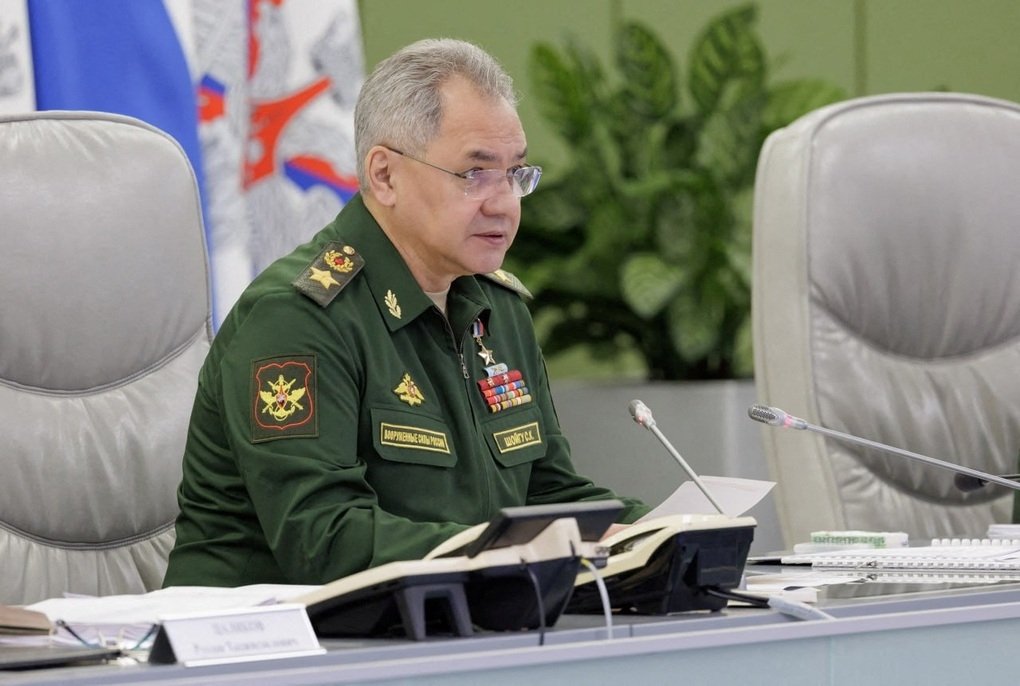
(Dan Tri) – The Russian Defense Minister praised the loyalty of soldiers when dealing with the rebellion of the private military organization Wagner.
Russian Defense Minister Sergei Shoigu chaired a meeting with armed forces leaders in Moscow on July 3 (Photo: Reuters).
Speaking before the Russian military on July 3, Defense Minister Sergey Shoigu said that the Wagner force riot was an `attempt to destabilize the situation in Russia`, but that plan failed `mainly`.
In his first comments since the 24-hour mutiny, Minister Shoigu added that the riot did not affect the Russian army’s campaign in Ukraine, where servicemen `continued to fight bravely and
`I thank the servicemen for their dedicated service,` the Russian minister added.
On the same day, Kremlin spokesman Dmitry Peskov also praised `the effective work of specialized agencies and government agencies, including the Federal Security Service (FSB)`.
`All agencies, ministries, branches, and specialized agencies are effectively performing their tasks,` Mr. Peskov emphasized.
Mr. Peskov added that President Vladimir Putin expressed his appreciation for the high level of solidarity between the armed forces and agencies during these `challenging days.`
On June 27, the Kremlin owner affirmed that the rebellion did not affect Russia’s combat operations in Ukraine because Moscow did not have to withdraw any forces from the battlefield.
Chairman of the Russian House of Representatives Defense Committee Andrey Kartapolov stated that Russia currently has enough reserve resources to replace Wagner in the military operation in Ukraine.
Wagner played an important role in Russia’s military operations in Ukraine, especially in the months-long fierce fighting for control of the city of Bakhmut in Eastern Ukraine.
However, after rifts with the Russian army, at the end of May, Wagner tycoon Yevgeny Prigozhin suddenly announced his withdrawal from Bakhmut, retreating to field camps close to the Russia-Ukraine border.
On the evening of June 23, Mr. Prigozhin announced that he would lead 25,000 troops from the Ukrainian battlefield into the Rostov region on the Russian border, starting a journey he called `demanding justice` after accusing Moscow of launching a missile attack on the base.
On the evening of June 24, when Wagner’s convoy was only 200km from Moscow, Mr. Prigozhin suddenly announced his agreement to stop the advance and withdraw forces from occupied military facilities in Russia after mediation efforts by the President.

